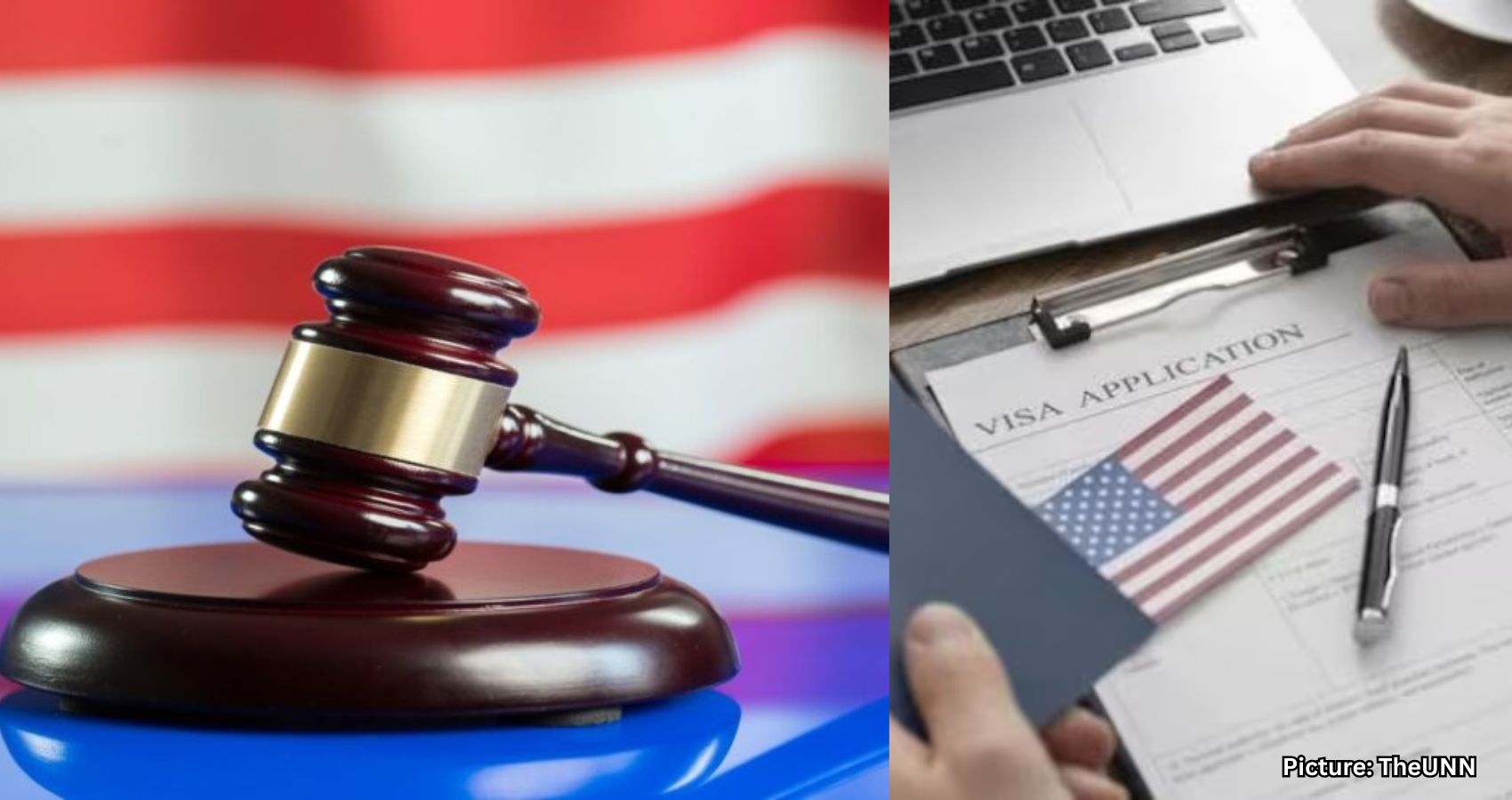A recent federal court ruling in Colorado has invalidated significant fee increases for the EB-5 Immigrant Investor Program, raising hopes for challenges to a controversial H-1B visa fee imposed by the Trump administration.
A federal judge in Colorado has struck down the steep fee increases announced by U.S. Citizenship and Immigration Services (USCIS) for the EB-5 Immigrant Investor Program. This ruling, issued on November 12, has been celebrated as a significant victory for investors and has implications for ongoing legal challenges to the Trump administration’s $100,000 H-1B visa fee.
The court’s decision mandates that USCIS revert the EB-5 fees to their pre-2024 levels, a move that many in the immigration community view as a crucial win for those looking to invest in the United States.
Legal experts are also interpreting the ruling as a potential precedent for lawsuits aimed at overturning the controversial H-1B visa fee. Prominent immigration attorney Greg Siskind, who is involved in the case “Global Nurse Force v. Trump,” stated that while the EB-5 ruling may not directly impact the H-1B fee case, it signals that judges are scrutinizing immigration policies that may not comply with established legal requirements.
The crux of the EB-5 ruling lies in whether USCIS adhered to the legal framework established by Congress. Under the EB-5 Reform and Integrity Act, the agency is obligated to conduct a comprehensive fee study before implementing any increases. Critics argue that USCIS bypassed this requirement, leading to some of the most substantial fee hikes across various visa categories.
According to the judge, the fee increases were “contrary to law,” violating both the statutory framework and the Administrative Procedure Act. Jihan Merlin, head of immigration strategy at the legal tech firm Alma, explained that the ruling reinforces the principle that USCIS must follow the rules set by Congress before raising fees. This principle could play a significant role in the H-1B lawsuits, where the legality of the $100,000 fee is being questioned.
As a result of the ruling, the 2024 fee schedule has been effectively halted, allowing investors to file at the previous, lower rates. This development has opened a new window for potential investors who were considering submitting petitions, now able to do so at significantly reduced costs.
The implications of this ruling extend to the ongoing H-1B lawsuits. Charles H. Kuck, co-counsel in “Global Nurse Force v. Trump,” emphasized that the President exceeded his legal authority by imposing an unlawful fee as a barrier for certain H-1B visa holders. He expressed confidence that the court would ultimately strike down this fee.
However, while the EB-5 ruling provides some optimism for those challenging the H-1B fee, legal experts caution that the two cases are not entirely comparable. Merlin noted that the EB-5 case dealt with a regulation from USCIS, whereas the H-1B fee stems from a presidential proclamation. Courts may exhibit more deference to the President’s broad powers under the Immigration and Nationality Act regarding the entry of noncitizens.
The $100,000 H-1B fee has been one of the most contentious issues affecting work-based visa holders since its announcement. It has faced immediate legal challenges from employers, universities, and immigrant rights groups, all arguing that the fee is not authorized by Congress and functions more as a punitive measure to deter skilled immigration.
While the Colorado ruling does not directly resolve the H-1B issue, it underscores the willingness of courts to examine whether the government has adhered to the legal boundaries set by Congress. Legal experts suggest that when a fee deviates from traditional cost-based visa charges, judges may be inclined to scrutinize its legitimacy.
In conclusion, while the EB-5 ruling does not guarantee a victory for H-1B plaintiffs, it serves as an important indicator that courts are attentive to issues of fee authority and statutory compliance. As Merlin stated, “While it’s not a crystal ball for the H-1B cases, the EB-5 decision is encouraging, because it shows courts are paying attention to whether the Executive Branch stayed within the limits Congress set.”
Source: Original article

